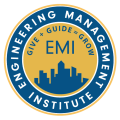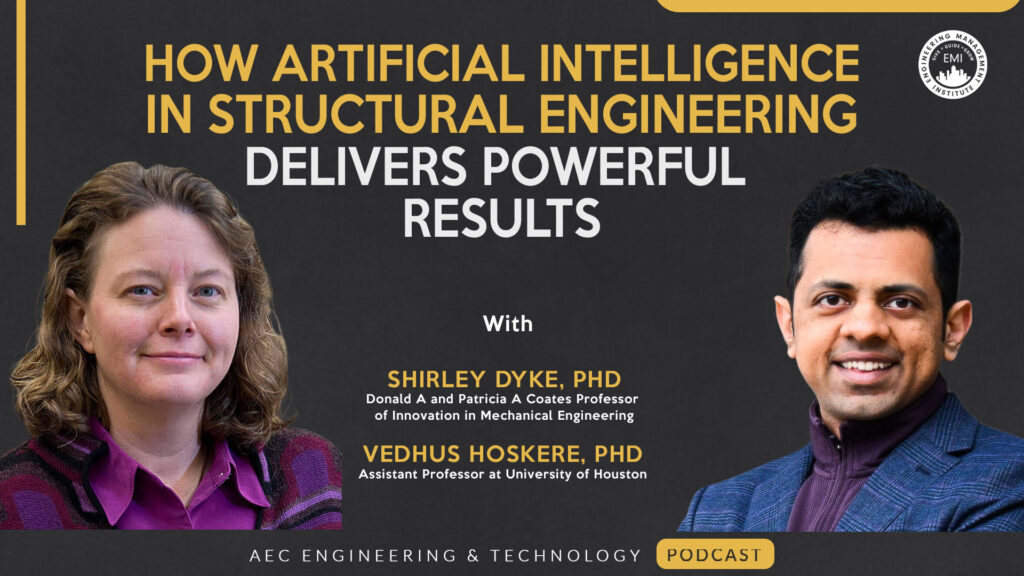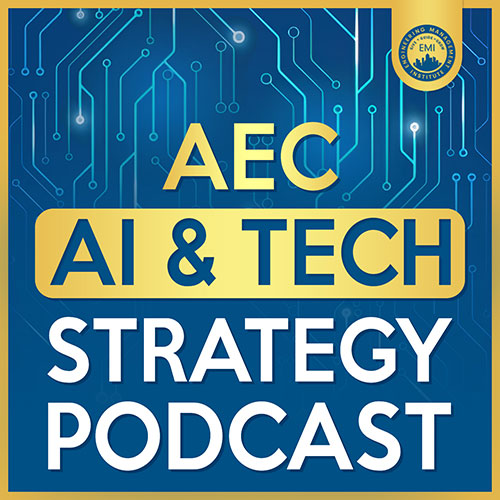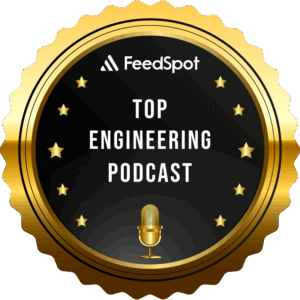In this episode, I talk with Dr. Shirley Dyke, Donald A and Patricia A Coates Professor of Innovation in Mechanical Engineering at Purdue University, and Dr. Vedhus Hoskere, Assistant Professor of Civil and Environmental Engineering at the University of Houston, about how artificial intelligence in structural engineering can be strategically leveraged to boost productivity, enhance decision-making, and strengthen resilience across the AEC industry.
***The video version of this episode can be viewed here.***
Engineering Quotes:
Here Are Some of the Questions I Asked Shirley and Vedhus:
- How can structural engineers use AI to improve productivity in their work?
- What’s the best way to figure out which AEC problems are a good fit for AI solutions?
- Can you share an example of a structural engineering project where you used AI and explain how you handled the challenges?
- How do you make sure AI tools stay aligned with engineering judgment and safety standards?
- What role do engineers and institutions play in building long-term trust in AI systems?
- What is the vision behind the VISER Center, and how is it helping speed up AI adoption in structural engineering?
- How can engineers start learning about AI and using its tools, even if they don’t have a background in data science?
- What final piece of advice would you give to AEC professionals who want to stay ahead and lead during this shift toward AI in engineering?
Here Are Some Key Points Discussed in This Episode About How Artificial Intelligence in Structural Engineering Delivers Powerful Results:
- Artificial intelligence in structural engineering increases productivity by helping engineers retrieve critical information quickly and generate innovative design suggestions. It enables the exploration of more possibilities while maintaining control and upholding safety standards.
- The best-fit problems for AI are those involving repetitive tasks like searching past designs, interpreting codes, or generating design alternatives. These practical AI applications in engineering show where AI adds value without replacing expert judgment.
- Digital twin development for bridges exemplifies how artificial intelligence in structural engineering supports data-driven maintenance decisions. Training AI models on real and synthetic data improves accuracy in identifying structural elements and streamlines inspection and design workflows.
- AI remains aligned with safety and professional standards through constant human oversight, rigorous validation, and an awareness of its limitations. Engineers play a key role by staying involved and verifying that outcomes meet expected results.
- Engineers and institutions build trust by working together to test, refine, and openly discuss AI applications. This collaboration is key to bridging AI and engineering education while evolving tools with transparency and accountability.
- The VISER Center promotes the use of artificial intelligence in structural engineering by enabling collaboration between students, researchers, and industry. It accelerates the adoption of AI through affordable, impactful research and professional training.
- Engineers begin by exploring available tools and joining industry conversations. Curiosity—not a technical background—drives understanding and opens the door to meaningful participation in the future of engineering with AI.
- AEC professionals stay ahead by experimenting with AI now, even in small ways. This is the key to developing engineering and AI career skills needed for tomorrow’s challenges.
More Details in This Episode…
About Shirley Dyke, PhD
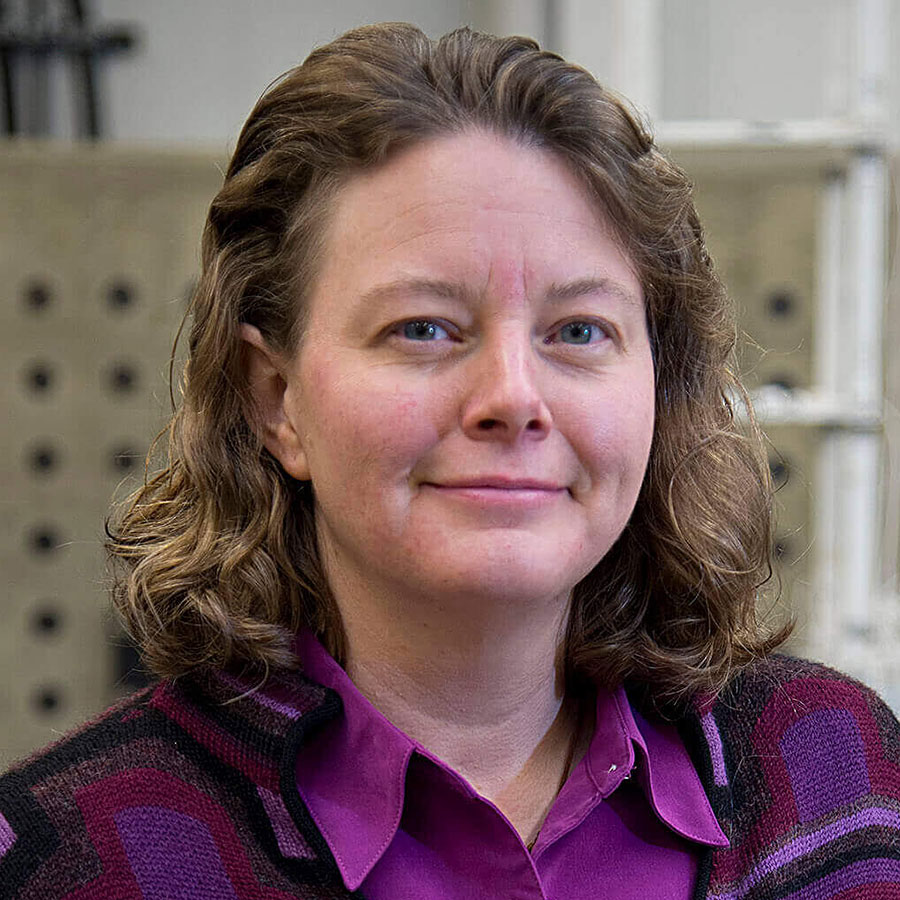
About Vedhus Hoskere, PhD
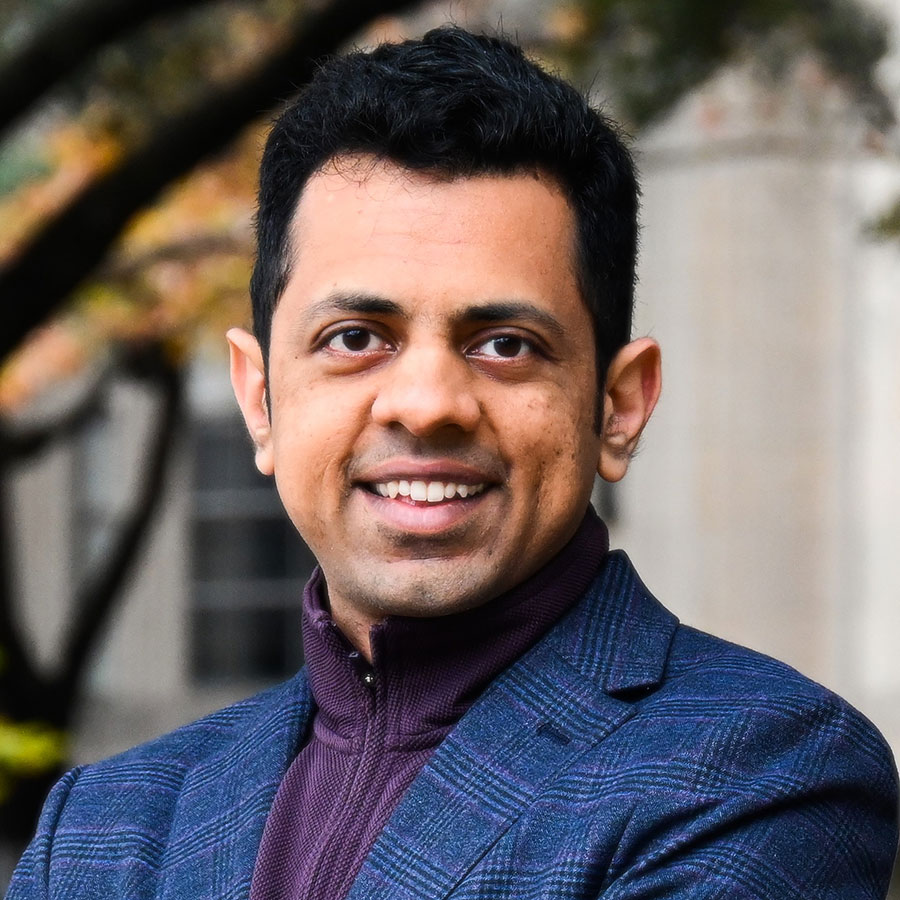
About the Host: Nick Heim, P.E.

Nick’s interests lie at the intersection between the built world and technology, and he can be found looking for the ever-changing answer to the question, “How can we do this better?” Nick can be found on LinkedIn, producing content about use of technologies in his civil engineering career and small business.
Sources/References:
Purdue University
University of Houston
ARIO
Digital twins
LLM
VISER Center
NSF
IUCRC
Connect with Shirley Dyke, PhD, on LinkedIn
Connect with Vedhus Hoskere, PhD, on LinkedIn
Please leave your comments, feedback, or questions in the section below.
